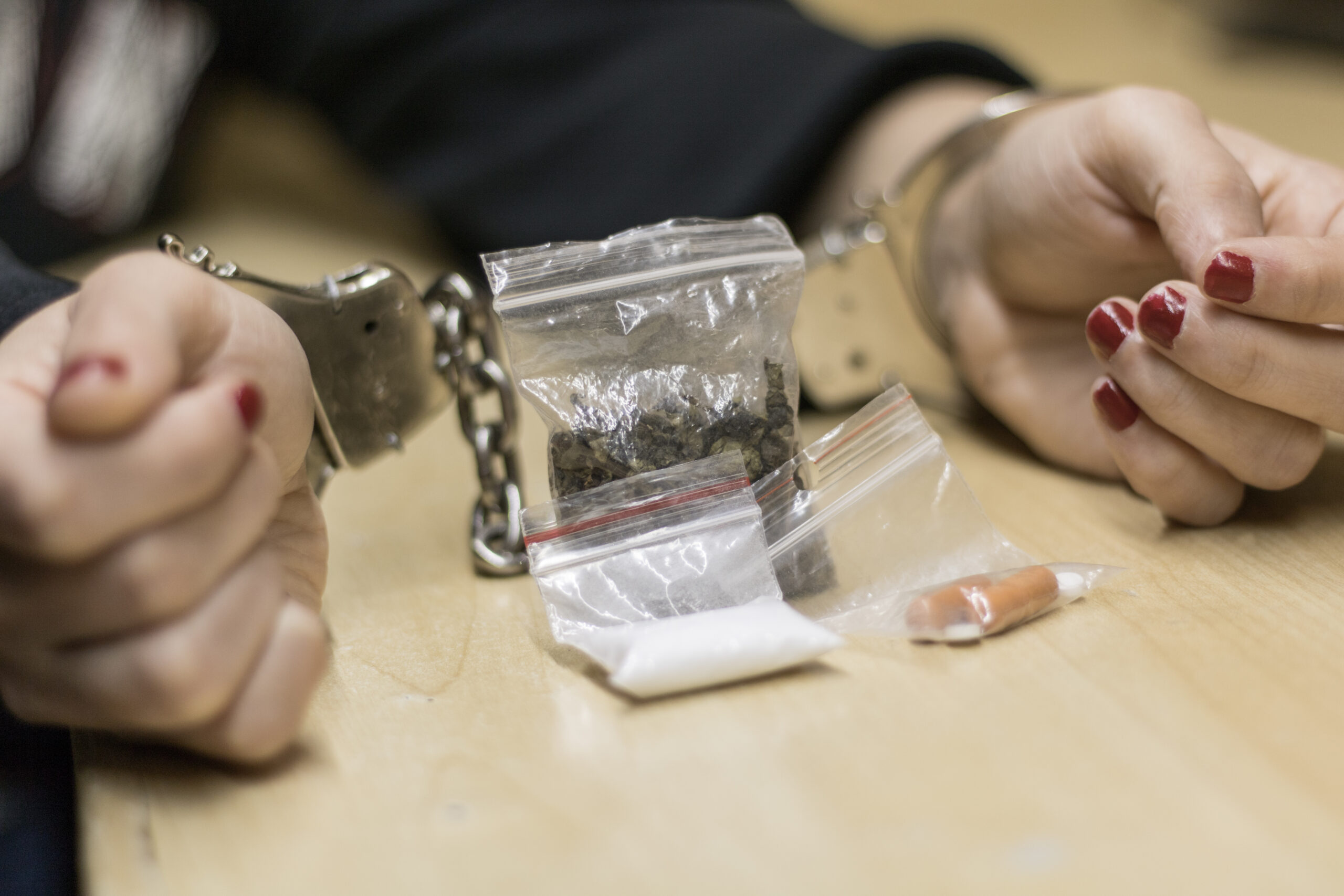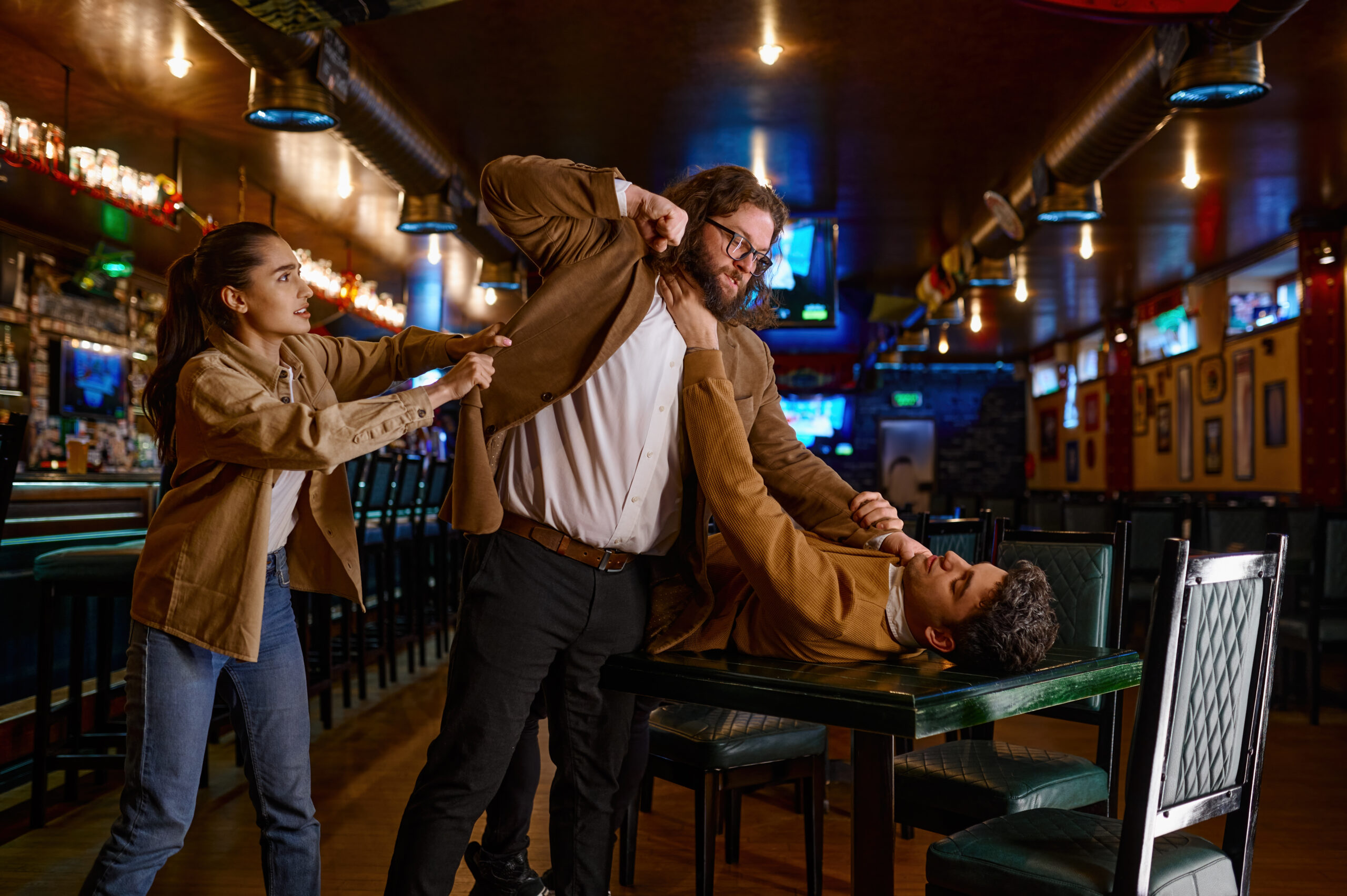What Should You Do if You Are Charged With Illegal Drug Possession?
If you’re charged with the possession of illegal drugs in Ontario, how will a crown prosecutor prove that you actually possessed the drugs? And how will a Toronto drug crimes lawyer defend you and cast doubt on the crown prosecutor’s case?
The innocent are sometimes accused of possessing illegal drugs that aren’t actually theirs, but proving you didn’t possess illegal drugs may be more difficult than you think. If you’re innocent – or even if you’re guilty – what should you do if you are charged with illegal drug possession?
In Ontario, a conviction for illegal drug possession may be based on evidence of a defendant’s “actual” possession of the drugs or of a defendant’s “constructive” possession of illegal drugs. Casting doubt on that evidence will be the job of your Ontario drug crimes lawyer.
“Actual” Drug Possession and “Constructive” Possession: What’s the Difference?
A person is in actual possession of unlawful drugs if that person is physically holding or carrying the drugs. A person is in constructive possession of unlawful drugs if that person has control or dominion over the drugs or over the space or location where the drugs are found.
To convict you for illegal drug possession in Ontario, the crown prosecutor must prove you were in actual possession or constructive possession of illegal drugs. Actual possession is typically not difficult to prove, but constructive possession is harder to prove and more legally complicated.
When a crown prosecutor claims a defendant was in actual possession of unlawful drugs, the drugs were found on the defendant’s “person” – in the defendant’s backpack, pocket, purse, shoes, or socks, for example. In these cases, the arresting officer’s testimony may be enough to secure a conviction.
How is Constructive Possession Defined?
If unlawful drugs are found in your vehicle, your desk or locker at work, your rental storage unit, or your residence – that is, any space under your dominion or control – you may be prosecuted for the constructive possession of unlawful drugs.
In some cases, constructive possession is easy to prove, but in many cases, it’s difficult. Nevertheless, if the police find unlawful drugs in your vehicle or your home, and if the search was legally conducted, you may be convicted of drug possession.
When is Constructive Possession Difficult to Prove?
Constructive possession may be difficult to prove in several circumstances. Let’s say you share a three-bedroom rental with two roommates. If you don’t have personal, exclusive dominion and control over a kitchen or bathroom, it may be tough for the crown prosecutor to win a conviction.
But in the same situation, if unlawful drugs are discovered under a defendant’s mattress or in a defendant’s personal closet, a conviction is likely.
In short, if you live by yourself or if you’re alone in a vehicle when unlawful drugs are discovered, that is usually enough to prove possession, but if you share a residence or if others were with you in the vehicle, the crown prosecutor must present stronger evidence against you.
What Are the Defences to a Drug Possession Charge?
If you’re charged with the possession of illegal drugs in or near the Toronto area, contact a Toronto drug crimes lawyer immediately. Your lawyer will discuss how the law applies in your specific situation and may offer one of these defences on your behalf:
- The search that discovered the drugs was illegally conducted.
- You did not have dominion and control (or exclusive, personal dominion and control) of the location or space where the drugs were found.
- You did not know the drugs were there, and the drugs belonged to someone else.
- You were entitled by law to possess the drugs, or the drugs were not actually illegal.
The exact charge that is brought against a defendant depends on the specific drug, the amount of the drug, and the defendant’s previous convictions (if any).
How Do the Courts Handle Drug Possession Cases?
In drug possession cases, crown prosecutors now bring charges only in the most serious cases and otherwise seek alternative approaches to divert simple possession cases away from the criminal justice system.
Cases that merit charges may involve children at risk, weapons, and acts or threats of violence. When someone receives a criminal conviction for illegal drug possession in Ontario, the court will consider these questions when it determines the penalties it will impose:
- What kind of drugs were involved? And in what amount?
- Were the drugs meant for personal consumption or for sale?
- What are the defendant’s previous convictions, if any?
- Was a weapon involved or in the defendant’s possession?
- Is the defendant an adult or juvenile? Was any juvenile involved in the crime?
The usual penalty for a minor drug possession conviction is a costly fine for a first offence. A subsequent conviction may be penalized with an even more expensive fine and a jail or prison sentence.
How Will a Defence Lawyer Help You?
Your lawyer will protect your rights, outline your legal options, explain the penalties you may face, and fight for the justice you need. If your rights were violated by the police or if the illegal drugs did not belong to you, your lawyer will seek an acquittal or a dismissal of the charge.
However, if the crown prosecutor’s evidence against you is persuasive, and if your conviction is inevitable, your Ontario drug crimes lawyer may negotiate on your behalf for reduced or alternative sentencing.
When Your Future is at Stake, Call William Jaksa Criminal Litigation
If you are charged in the Toronto area with the possession of illegal drugs, your future will be at stake, and you’ll need legal help as quickly as possible.
With nearly two decades of experience, William Jaksa and his team at William Jaksa Criminal Litigation have established a reputation for legal excellence. If you are charged with unlawful drug possession or any drug-related offence, call William Jaksa Criminal Litigation at once.
Set up your first consultation with William Jaksa Criminal Litigation by contacting us at 647-951-8078. If you’re charged with possession or another drug-related crime, call us immediately. At William Jaksa Criminal Litigation, we know what it takes to win the justice you need.





